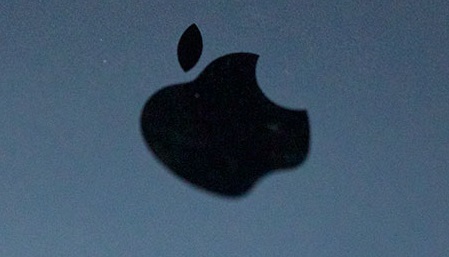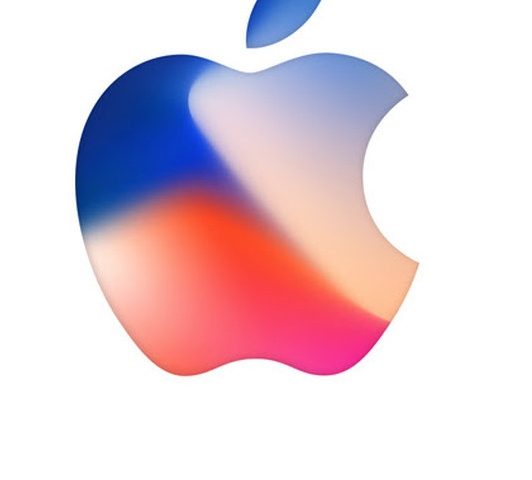Apple Reportedly Has a Secret Screen Factory – MicroLED Protoyping

The tech giant was content buying components from competitors – up until now.
The Apple Watch and iPhone are undoubtedly made by Apple, but that doesn’t extend to all of its components. For a while now, Apple has relied on competitor Samsung for chips and OLED screens for the iPhone 8 and X. Because of this, Samsung may pull more profits on this expensive handset than Apple. However, according to new reports, Apple doesn’t intend for things to stay this way, and has a “secret” factory where they’re working on buildings their own screens.
Bloomberg reports that in a California factory close to its headquarters Apple is testing out screen manufacturing, and instead of simply replicating OLED tech, it’s working on new MicroLED tech. Unlike traditional LCD screens which shine light through colored filters, OLED light up pixels individually. This ultimately leads to OLEDs offering richer colors & power savings due; unlike LCDs that create black by inefficiently blocking white backlight, an OLED simply turns those pixels off, creating an absolute, inky black.
MicroLED made a splash at this year’s CES, alongside Samsung’s giant modular MicroLED TV. The improved tech uses an inorganic filter over the organic makeup (‘O’ in OLED) of OLEDs, which comes with the benefits of a longer lifespan, and immunity to burn in. A minor step forward, but still something you’d be interested in if in the screen-building business.
Apple’s current focus is on Apple Watches according to Bloomberg, as well as making MicroLED prototypes capable of replacing LG-made OLED screens for their watches. Starting small would be side, especially when considering Apple’s last entry into screen-making was an total disaster.
If the screen factory is a success, you’ll probably not notice a difference in the final product. It could however be an early step that helps shift supply chains that dictate everything behind the scenes. This ultimately affects what gets made, in what quantities, and at what price they go for.



